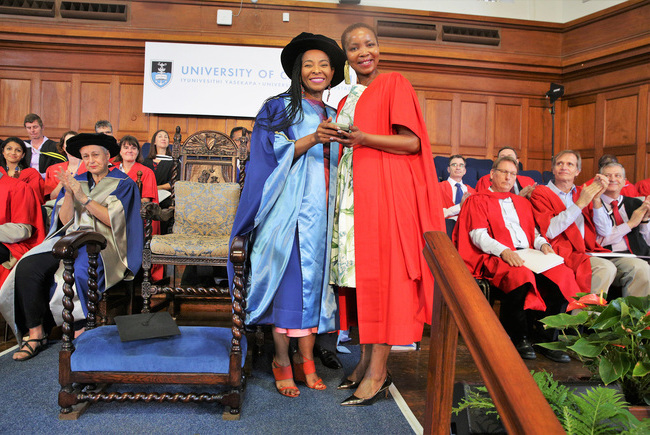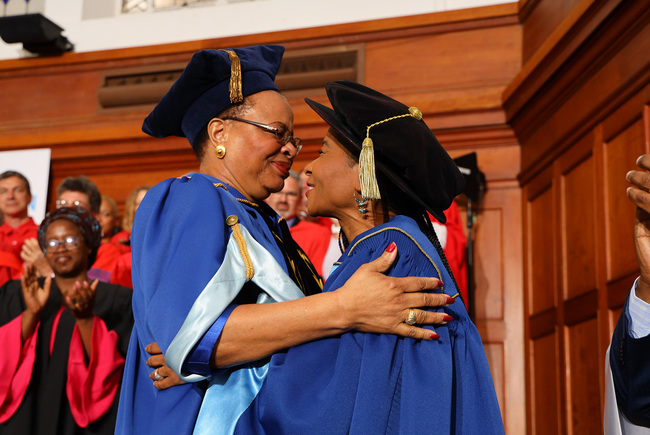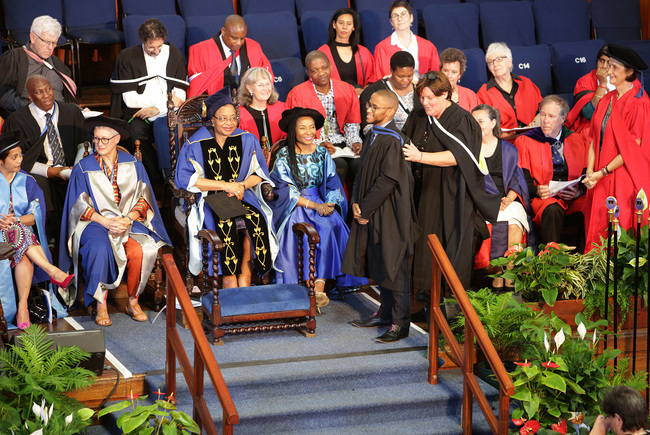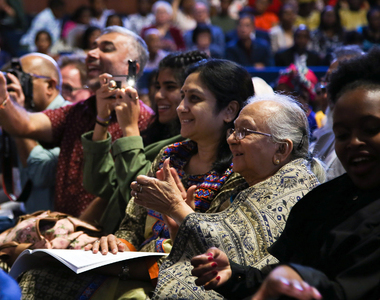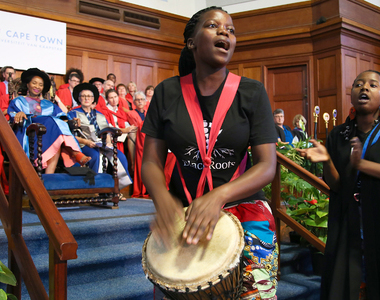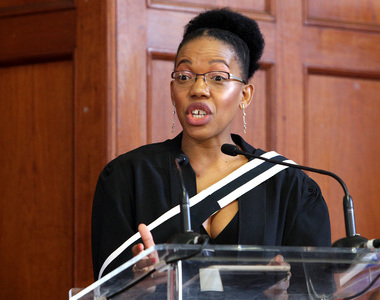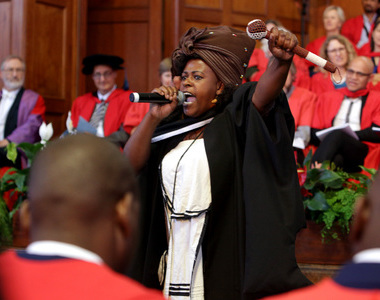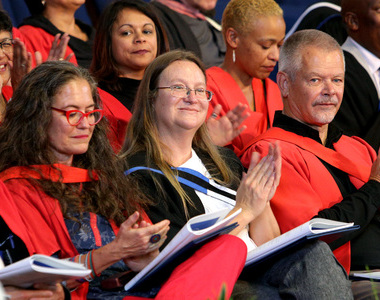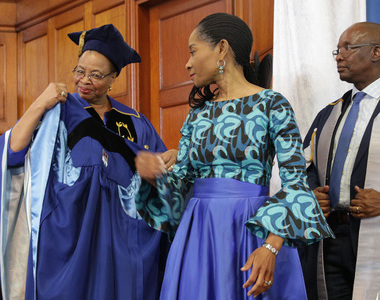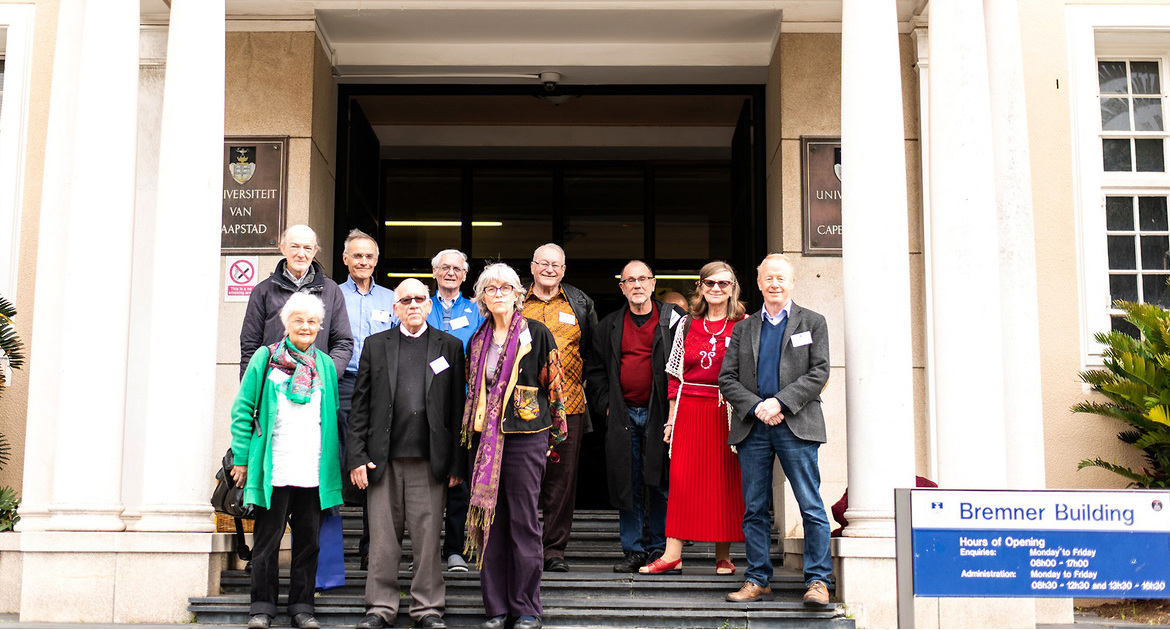UCT remedies a past injustice
11 December 2018 | Story Nadia Krige. Photo Raymondsuttner.com. Read time 7 min.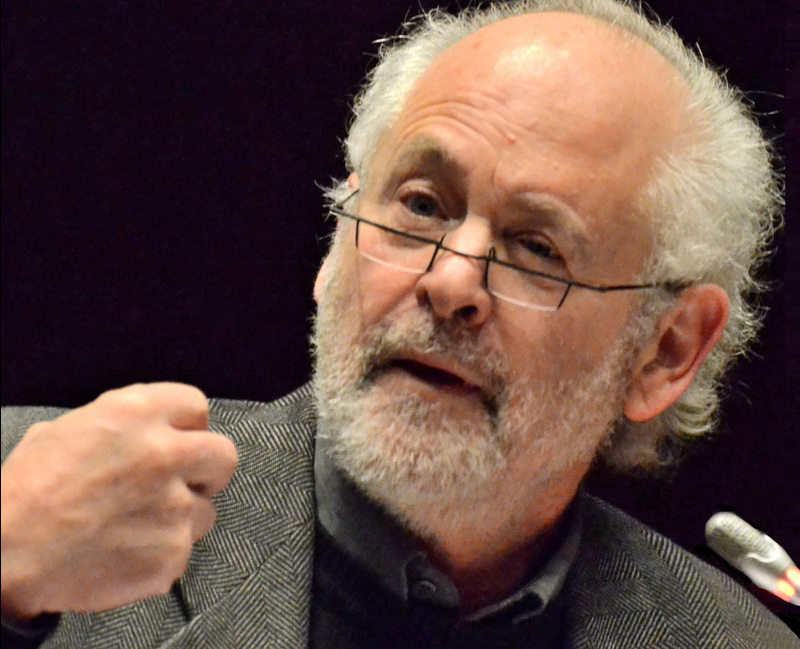
The story of social and political analyst Professor Raymond Suttner finally receiving his Master of Laws (LLM) degree almost 50 years after withdrawing his thesis from examination in the University of Cape Town’s (UCT) law faculty has captured imaginations around South Africa.
Even though he is now pleased to be joining the joyous procession of law graduates on Thursday, 13 December to receive his belated accolade, Suttner, who is today visiting professor and strategic adviser to the Dean of Humanities at the University of Johannesburg, said he wasn’t convinced at first that there would be any value in resubmitting his work on customary law.
“I was not very taken with the idea because it was settled as far as I was concerned.
“I was fairly content to be without the degree and I had moved into other areas.”
He was also not keen to delve back into the literature of a field which has developed considerably over the past 50 years.
The thesis in question was titled “Legal pluralism in South Africa”. Suttner decided to withdraw it 49 years ago when his supervisor Professor Donald Molteno QC asked him to remove any references to “listed” communist Professor Jack Simons, who could not, in terms of the law of the time, be quoted.
Suttner said he had not anticipated legalities to arise, as he recalls quite a few academics breaking laws around quoting “banned” or “listed” people in those days.
“But it was, of course, a law faculty and perhaps I should have anticipated this reaction.”
Since he was not prepared to use Simons’s work – which he had studied in-depth – without acknowledgement, Suttner decided to withdraw his draft document. This decision was in part influenced by the fact that Simons had been a great source of encouragement to Suttner as an emerging scholar.
Although he’s had to make a number of difficult decisions later in life, Suttner said that – unlike his thesis withdrawal – they have all come with the advantage of having some time to prepare and weigh up the pros and cons.
“I just did it on the spot and it was a correct call. I have never thought back and considered it impetuous or wrong. It was the correct thing to do,” he said.
“[Jack Simons] is insufficiently recognised, even today when his work can be used legally and it is not simply on customary law.”
Decision to resubmit
Rather than leave the thesis unfinished, Suttner decided to finalise his draft, purely for his own peace of mind. Over the decades that followed, he showed it to one or two people, but never submitted it elsewhere.
“It was left somewhere amongst my various papers, moved from place to place,” he said.
When he was asked to resubmit his work to the law faculty from which he originally withdrew it, Suttner was somewhat surprised.
It was UCT’s Public Law Professor Dee Smythe who approached him with the idea after she found out about the LLM-dissertation-that-never-was while hosting the relaunch of Suttner’s book Inside Apartheid’s Prison (first published in 2001) in 2017.
His initial inclination was to turn down the opportunity, but with some encouragement from his wife Nomboniso Gasa – who felt strongly that he should resubmit – as well as Smythe, Professor of Public Law Hugh Corder and former Dean of Law Penny Andrews, who were fully supportive of remedying what they saw as a grave injustice, Suttner decided to follow their advice.
It took him about five months to find a photocopy of the final typed manuscript among his documents. Once found, he submitted it without making any revisions.
“The document I submitted had never been seen by UCT. It was written up after I had withdrawn the draft,” he said.
“This was on a typewriter and I did not even have the original but a photocopy with three pages missing.”
Still relevant today
His argument in the thesis, he writes in the introduction, “rests primarily on the changing social conditions, where women were increasingly emerging as independent individuals, quite different from their place in a kinship group headed by a male”.
“In contrast, the members of the Bantu Appeal Court, who were ‘reformers’, relied primarily on certain practices being contrary to natural justice, which was part of the statutory limitation on recognition of customary law.
“Whatever the basis may have been, this was a move, towards consciously developing customary law, that was thwarted,” he wrote.
Ultimately, Suttner argued that custom and customary law must be treated as deriving from “living custom”, not purely what supposedly existed from time immemorial.
“This is all part of remedying the legacies of apartheid and I hope that others will benefit.”
Smythe and Corder, who is currently acting Dean of Law at UCT, were listed as co-supervisors. They appointed two external examiners, Professor Emeritus Thandabantu Nhlapo, a former senior deputy vice-chancellor at UCT, and Sir Jeffrey Jowell, Emeritus Professor of Public Law at University College London.
Suttner’s examiners agreed that the thesis is still relevant in that it uses an approach similar to that employed by many progressive people in the area today.
“In fact, it has remarkable contemporary resonance,” said Smythe.
Righting past wrongs
Even though Suttner could easily have done without the addition of this accolade to the many he has gathered over the course of his career as a social and political analyst, he sees it for what it is: an opportunity for UCT to right a past injustice.
“It was a good gesture from UCT to try to remedy what had happened, where apartheid laws had led to a decision that I could not act, according to my duty and ethics, by acknowledging the primary source of my ideas,” he explained.
In turn, Suttner also sees this as an opportunity to resurface Simons as one of the intellectual giants of South African history.
“He is insufficiently recognised, even today when his work can be used legally and it is not simply on customary law.”
Suttner hopes that his story might empower others whose academic careers may have been prejudiced through the laws of the time to take steps to remedy whatever injustice they suffered.
“This is all part of remedying the legacies of apartheid and I hope that others will benefit,” he said.
Suttner will receive his LLM degree on 13 December 2018.
 This work is licensed under a Creative Commons Attribution-NoDerivatives 4.0 International License.
This work is licensed under a Creative Commons Attribution-NoDerivatives 4.0 International License.
Please view the republishing articles page for more information.
December graduation
The 2018 December graduation season features six ceremonies, including the official robing of Vice-Chancellor Professor Mamokgethi Phakeng.
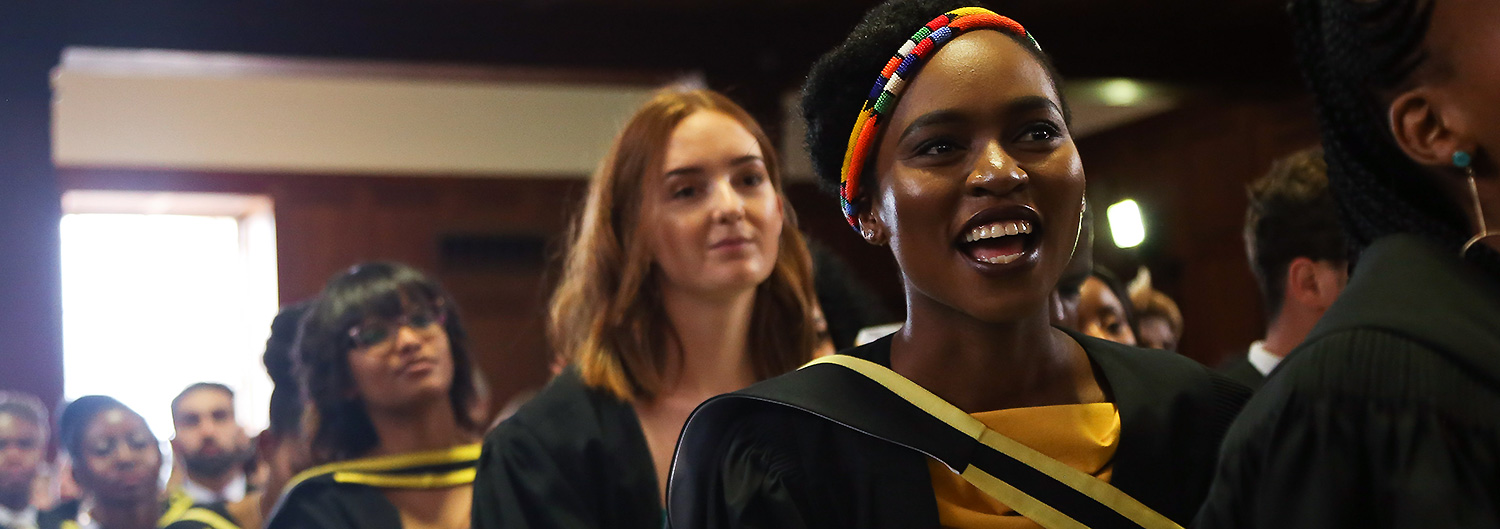
Full ceremony recordings
Creative works and book awards
UCT recognises and celebrates major creative works and outstanding books produced by members of staff at the university.
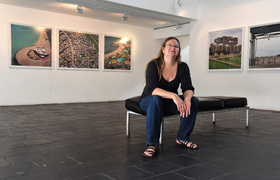
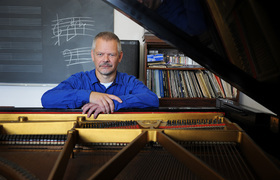
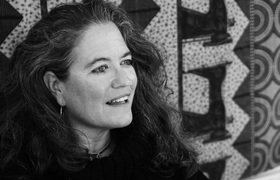
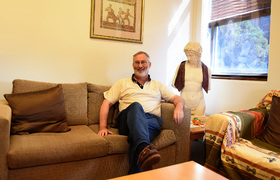
Inspired to achieve
Read about some of our remarkable students who are graduating this season.

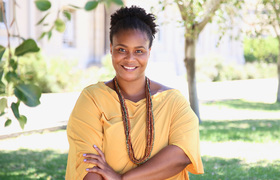

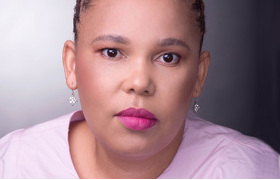
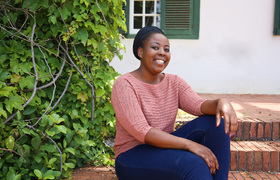
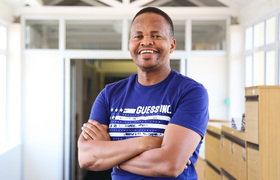
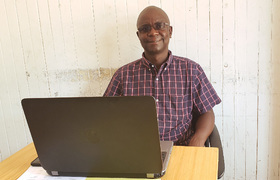
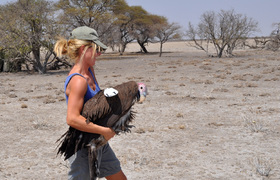
Golden memories
Members of the University of Cape Town’s class of 1968 will reunite to celebrate their Golden Graduation this week. Madi Gray, a veteran of the nine-day Bremner sit-in of 1968, will be among those UCT alumni celebrating this milestone.








